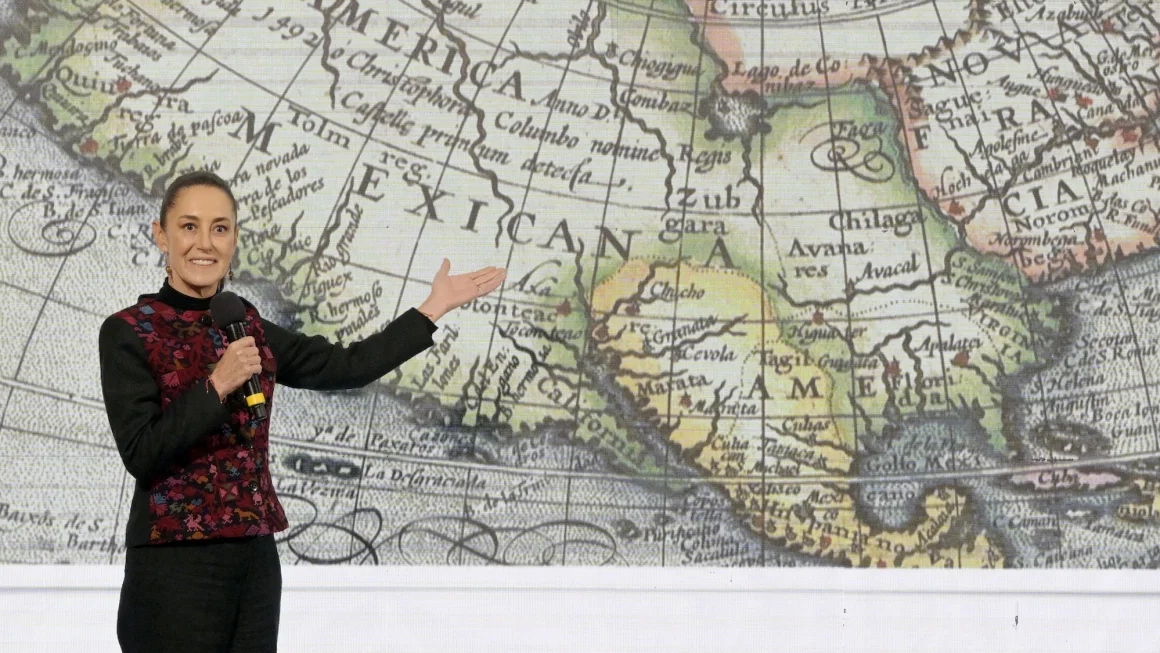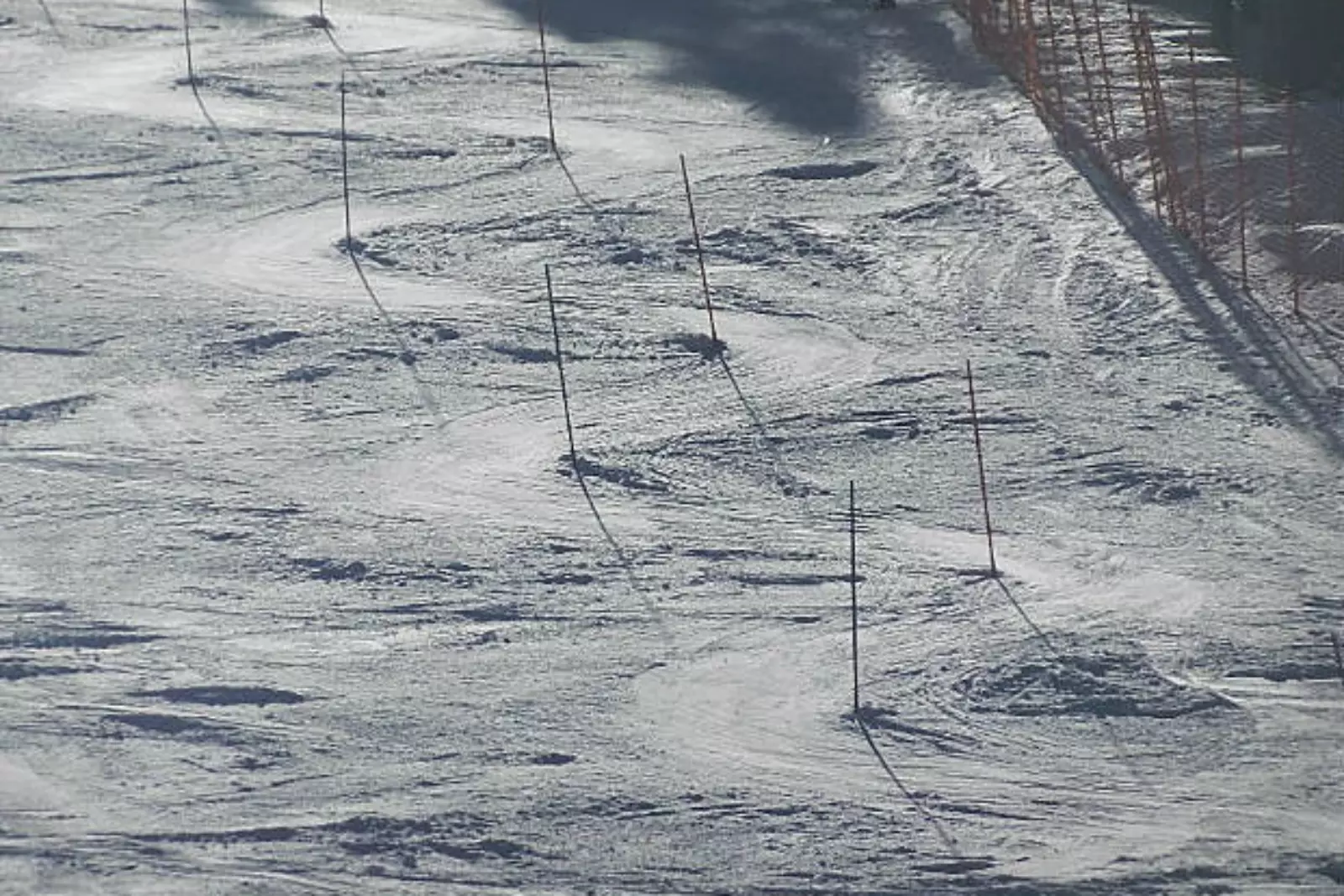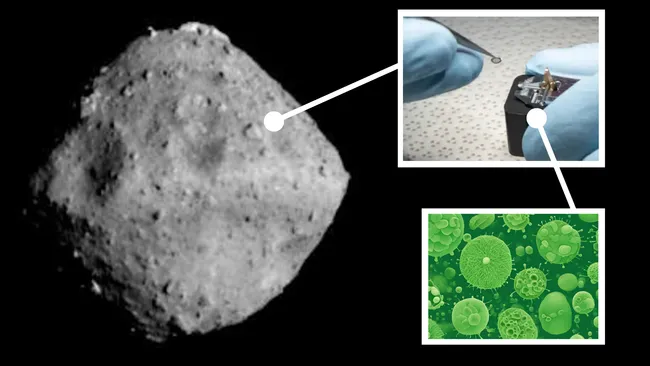A recently analyzed sample from asteroid Ryugu, collected by Japan’s Hayabusa2 spacecraft, was found to be rapidly colonized by terrestrial microbes after its return to Earth, Space.com reports.
This discovery highlights the resilience and adaptability of Earth-based microorganisms, raising important considerations for planetary protection and future space exploration.
The Hayabusa2 mission, launched by the Japan Aerospace Exploration Agency (JAXA) in December 2014, spent a year studying Ryugu, a 900-meter-wide asteroid, before collecting samples and returning them to Earth on December 6, 2020. Upon return, the samples were divided among various research teams, including one led by Matthew Genge of Imperial College London, who made the discovery of microbial colonization.
According to Genge, within a week of exposing the Ryugu specimen to Earth’s atmosphere, 11 microbes were detected on its surface. A week later, that number had grown to 147. These organisms, likely terrestrial bacteria such as Bacillus, were identified based on their filamentous structures. However, without DNA analysis, the exact type remains unknown. The microbes appeared after the rock’s exposure to Earth’s atmosphere, ruling out the possibility that they were extraterrestrial.
“We found microorganisms in a sample returned from an asteroid. They appeared on the rock and spread with time before finally dying off,” Genge explained, confirming that the microbes were of terrestrial origin and had colonized the specimen shortly before analysis.
The findings underscore the remarkable adaptability of terrestrial microorganisms. They suggest that microbes can survive and even thrive on extraterrestrial materials, a fact that could have significant implications for missions aimed at searching for life on other planets, particularly Mars. The rapid colonization of the Ryugu sample illustrates how easily terrestrial life could contaminate other celestial bodies.
“Our findings suggest that space missions could be contaminating space environments… Microorganisms can readily metabolize and survive upon extraterrestrial materials,” Genge noted.
Fortunately, space agencies implement planetary protection protocols to reduce the risk of contamination. These measures aim to ensure that spacecraft and rovers do not inadvertently introduce Earth-based life to other worlds or contaminate samples brought back to Earth.
The study serves as a reminder to scientists to exercise caution when analyzing extraterrestrial samples. Genge emphasized that the “pristine” nature of samples must be critically evaluated to avoid misinterpreting terrestrial contamination as evidence of extraterrestrial life.
“The fact that terrestrial microbes are the Earth’s best colonizers means we can never completely discount terrestrial contamination… Contamination isn’t a problem if you can trace its origin, but it becomes an issue when assuming that a sample is pristine,” Genge said.
Despite the challenges posed by terrestrial contamination, Genge’s team remains optimistic about future research. They are currently studying additional samples from Ryugu and another asteroid, Bennu, with hopes of avoiding similar microbial intrusions.
The research has been published in the journal Meteoritics & Planetary Science.








